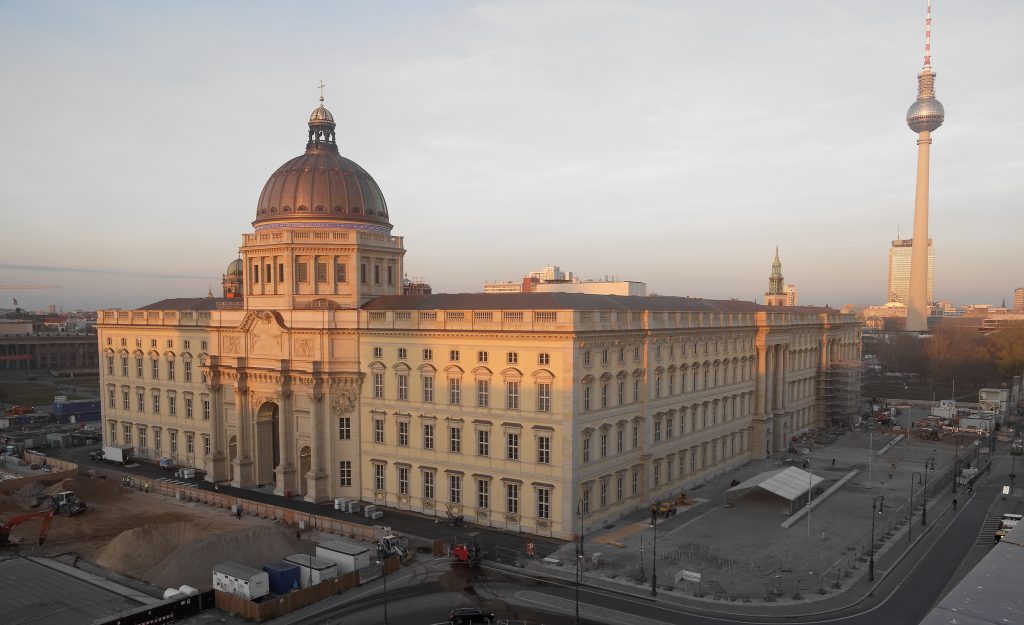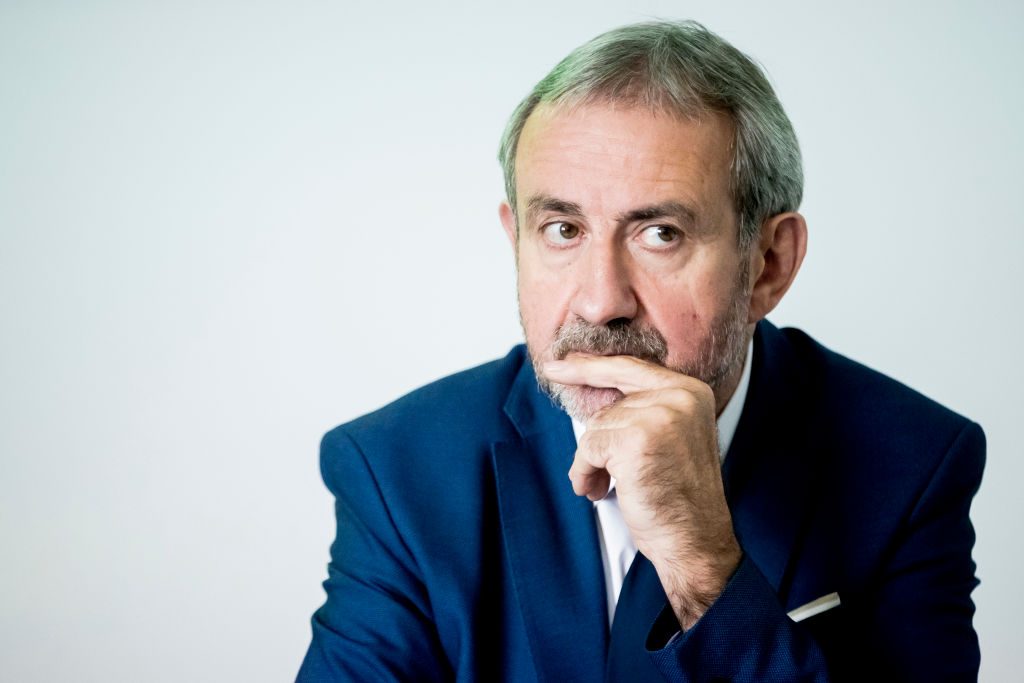Art World
Amid Pressure to Accelerate the Return of the Benin Bronzes, Germany’s Key Players Scramble to Find a Cohesive Approach
Culture minister Monika Grütters has called for a meeting with museum and state heads in April.

Culture minister Monika Grütters has called for a meeting with museum and state heads in April.

Kate Brown

As the restitution debate continues to accelerate in Europe, more political heavyweights from the German government and its museums are moving to address the ongoing issue of colonial loot in the nation’s institutions.
On the heels of a German state visit to Benin City, during which Foreign Ministry officials entered into talks with the Nigerian government about restituting the contested Benin bronzes, the culture ministry and museums are now playing catch-up. Germany’s culture minister Monika Grütters has called a meeting with relevant state culture ministers and museum directors in April to try to find a national strategy to address the handling of objects and art that were looted from the Benin Royal Palace in 1897.
Grütters’s announcement followed a meeting of the Prussian Cultural Heritage Foundation, of which she is chair, that broadly agreed with the need to develop an approach to restitution, but stopped short of making a commitment, offering no time frame while emphasizing the need to digitize the collection.
The foundation described these valuable art and artifacts as having come from “contexts of injustice,” and said that, in the case of the Benin bronzes, “a solution will be found that also considers the return of objects as an option.” Grütters echoed that restitutions should be included in the next steps. “Dealing with the Benin bronzes is a touchstone for Germany’s handling of collections from colonial contexts,” she said in a statement.

Hermann Parzinger, President of the Prussian Cultural Heritage Foundation. Photo: Christoph Soeder/picture alliance via Getty Images.
The meeting of the board of the Prussian Cultural Heritage Foundation comes days after Andreas Görgen, cultural head of the foreign ministry, met with the Edo state government in Nigeria to discuss closer collaboration between their governments with regards to the Benin bronzes, including possible restitution. German foreign Minister Heiko Maas has since doubled down on the federal position in favor of possible restitution saying that “a sincere approach to colonial history also includes the issue of restitution of cultural assets,” adding that it is “a question of justice.”
Diplomatic gestures aside, the foundation’s board of trustees emphasized that it would be responsible for the return of any objects held within the Humboldt Forum’s collection. There are 550 royal artifacts from the pillaging of Benin City at the new Berlin museum, and 440 bronzes. These pieces, alongside thousands of others, were plundered from the Royal Palace in Benin City, modern-day Nigeria, in 1897 during a punitive expedition by British forces.
Jürgen Zimmerer, a scholar in Hamburg who is an expert on Germany’s colonial history, remains unimpressed by the recent statement from the foundation. He decries how, four years after French President Emmanuel Macron acknowledged the need for restitution on a state trip to Burkina Faso, there is still no common strategy across Europe or in Germany. In her statement today, Grütters emphasized that a cohesive approach between the seven museums that hold objects and their sponsors is needed, including the state art collections in Dresden and the GRASSI museum of ethnology in Leipzig, among others.
“The fact that the decision [yesterday] of the Foundation Council does not provide for the involvement of German civil society also speaks volumes,” he said, noting that activists from BIPOC communities and experts from fields focused on decolonization, as well as scientists, are not included in the decision-making processes of the Prussian Cultural Heritage Foundation, despite having brought so much awareness to the issue.
“The fact that there is still no unconditional commitment to restitution proves once again that stonewalling and playing for time are the order of the day here,” continued Zimmerer.
The Prussian Cultural Heritage Foundation, which will be disbanded by the government after a report last year found that the massive institution was marred by administrative issues, may soon have to find a way to expedite its processes.
Because now, the pressure is coming from all sides: “This movement is not going to stop,” foreign ministry official Görgen told German press this week. “Our attempt is to be a constructive part of it.”
[Note: This story was updated to include comments from culture minister Monika Grütters and the announcement of a planned April meeting between relevant museum and state officials.]